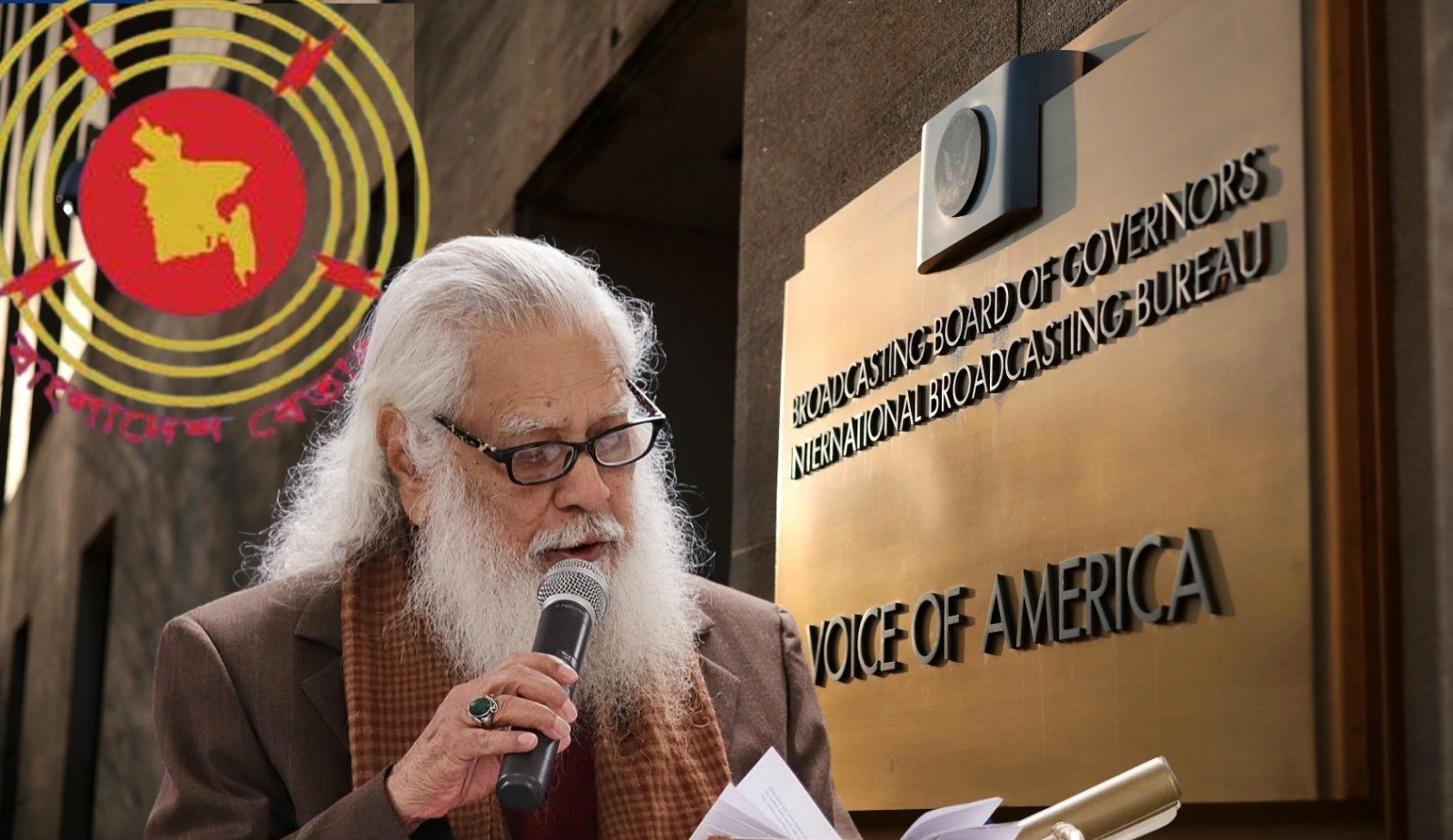President Donald Trump Files $10 Billion Defamation Lawsuit Against The Wall Street Journal
[Miami, July 19, 2025] —
President Donald Trump on Friday filed a $10 billion defamation lawsuit against Dow Jones & Company—the publisher of The Wall Street Journal—and its owner, media mogul Rupert Murdoch.
The lawsuit was filed in the Southern District Court of Florida. According to the filing, the article in question was “false, defamatory, baseless, and degrading.” Trump’s legal team argues that the report violated fundamental principles of journalism.
What is the basis of the lawsuit?
The Wall Street Journal had published a report alleging that a book released in connection with Jeffrey Epstein’s 50th birthday in 2003 included a "lewd" birthday greeting letter from Trump, featuring his signature. The letter reportedly contained a sketch of a nude woman and an explicit message.
The report claimed that the letter was among several others collected from Epstein’s friends and acquaintances. Trump, however, has denied the allegation, calling it completely “fake” and stating he did not write it.
In a post on Truth Social, Trump said:
“This is a POWERHOUSE Lawsuit—a historic legal action.”
Defendants Named in the Lawsuit
The lawsuit lists the following defendants:
-
Dow Jones & Company (Publisher of The Wall Street Journal)
-
News Corporation (Parent company)
-
Rupert Murdoch (Owner and media tycoon)
-
Joseph Palazzolo and Khadeeja Safdar (Authors of the article)
-
Robert Thomson (CEO of Dow Jones)
A spokesperson for Dow Jones stated:
“We stand firmly behind the accuracy and integrity of our reporting and will vigorously defend against any legal challenge.”
The Challenge of Defamation Cases in the U.S.
Winning a defamation case in the United States—especially one involving a public figure—is notoriously difficult. Plaintiffs must prove:
-
That the published information was false, and
-
That it was published with “actual malice,” meaning the publishers either knew it was false or recklessly disregarded the truth.
Epstein Transparency Demands and Trump’s Action
On Thursday, Trump instructed Attorney General Pam Bondi to pursue the release of sealed grand jury evidence related to Jeffrey Epstein’s case. Late Friday night, the Department of Justice formally filed a motion in court to that effect.
Jeffrey Epstein, who was accused of child sex trafficking in 2019 in New York, was later found dead in his jail cell in what was officially ruled a suicide. His associate, Ghislaine Maxwell, has also been convicted in connection with the case.
Recently, the Department of Justice and FBI released a memo asserting that Epstein had no “client list” and never attempted to blackmail any powerful individuals. They reaffirmed that his death was indeed a suicide.
However, that explanation has triggered widespread controversy across the United States, with many of Trump’s own supporters expressing skepticism and demanding full public disclosure of all records related to Epstein.









